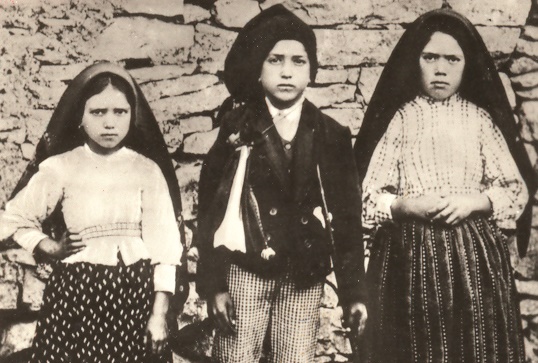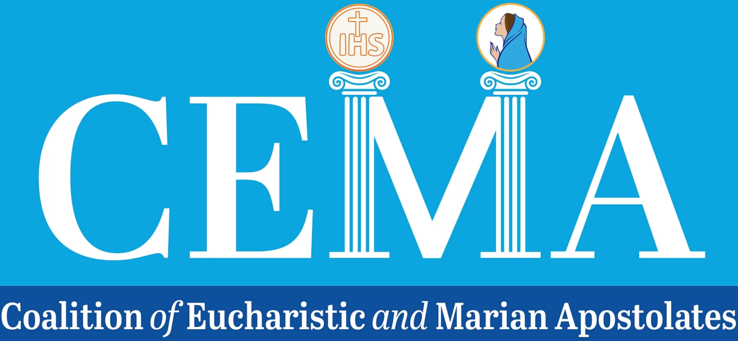by Michaelyn Hein –


“Okay, kids,” I said as I turned the calendar from October to November, “time for us to seriously up our game in praying for the souls in purgatory.”
I anticipated the need to explain why exactly we suddenly needed to improve our prayers for the dead. Instead, I was surprised to hear my daughter ask, “What’s purgatory?”
What’s purgatory? How was it possible that one of my children had forgotten what purgatory was? Apparently, we really did need to do a better job of praying for the holy souls that had gone before us. First, though, I had to re-explain purgatory to my six-year-old.
It’s a truth many shy away from these days, especially when it comes to children. We live in a world that largely no longer believes in hell, let alone a holding place for heaven. Even when people do believe that anything other than heaven exists, we generally shield our children from that fact.
This was reinforced to me the other day while teaching my daughter’s second-grade religious education class. As we discussed the saints in heaven and the souls in purgatory, I was met with the same query my daughter had asked the year before. Other than my child – who now had a firm grasp on the “waiting room for heaven,” as she calls it – no one else knew it existed.
We console the living with notions that the deceased are “free of suffering” and “surely in heaven.” It’s a nice sentiment and what we hope, but the danger of wrapping ourselves in such comforting words is that we ignore the needs of our loved ones, who more likely than not, are desperate for our prayers.
Countless saints have warned us of the suffering of purgatory and the need for us to pray for the souls there. Our Lady of Fatima told Lucia, Jacinta and Francisco that their young friend Amelia would be “in purgatory until the end of the world.” She regularly asked them to pray the Rosary and offer their sufferings for the salvation of souls. The holy children took Our Lady seriously and did just that.
But do we?
How much do we truly believe what Our Lady of Fatima came to teach and request of us? How often do we think of the suffering souls – who we will be numbered amongst should we not heed Mary’s merciful warnings? And do we take our Blessed Mother’s admonitions and the fates of our loved ones’ souls so seriously as to teach the truth of the afterlife – frightening as it may seem – to our children?
We must not be afraid of doing so. Mary certainly wasn’t. After all, she showed the young children of Fatima the actual horrors of hell. Often, we wonder how to broach such sensitive subjects with the very souls we are forever trying to protect. But we must, and it’s easier than we think.
When my second-grade students asked about purgatory, I explained it tangibly, in ways their minds could grasp.
“Tell me a place you’ve been excited to get to,” I said.
“A Yankees game!” one child responded.
“Okay,” I went on, “now imagine you’re trying to get there with your family. But on the way, your car breaks down. It needs to be fixed. You can’t get there without a fully working car. You want so badly to be there already and it makes you sad that you can’t be. Though you must suffer for a while – and how long depends on how badly the car is broken – you can have some comfort knowing that eventually your car will be repaired, and you will get to your destination.”
“That is kind of like purgatory,” I explained. “A soul cannot get to heaven if it’s broken – and sin is what breaks our souls. If we are not totally healed and free of our sins before we die, then we cannot make it to heaven yet. We need purgatory to repair our souls before they can be where we really want to be, which is with God.” The children nodded in understanding.
But my teaching wasn’t done. Once we’ve explained what purgatory is, we must explain the importance of praying for the souls there. With my students, I continued the explanation.
“Our prayers can help souls not in heaven to get there more quickly,” I said, adding, “Imagine you are stuck, trying to get to the Yankees game, but you have no tools to fix the car that could get you there. You cannot help yourself. What do you need?”
“Someone to help you,” a student responded.
“Exactly, and for souls in purgatory, they do not have the means to help themselves. They need our prayers to help them, just as you would need someone else’s tools to help fix your car.” The children brightened at the notion that they could do something to ease the suffering of another soul, and we discussed ways they could do so.
In our family, we often offer decades of the Rosary for “a soul in purgatory.” We pray the Prayer of St. Gertrude for deceased loved ones, who we specify by name. We offer Masses and novenas for family and friends, and sufferings for “the soul in purgatory in greatest need.” Most important, we do this out loud and often, so that none of us ever forgets the souls who are depending upon us.
It doesn’t take much to convince young minds to take seriously the sorrows of suffering souls. But we must talk about it. We must let our children see us praying Rosaries for the salvation of souls and offering our own sufferings, however small, for them. And, most important, we must include our children in these prayers and offerings, so that one day, like the children of Fatima, they, too, will help Our Lady to console the souls in purgatory.
Michaelyn Hein is a Catholic writer, wife and mother, who resides in Hipwell, New Jersey. She is a regular contributor to Soul Magazine and our Fatima blog.












